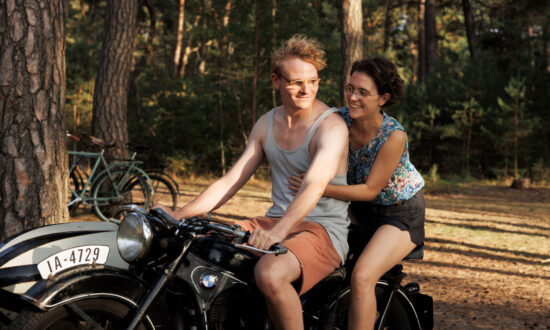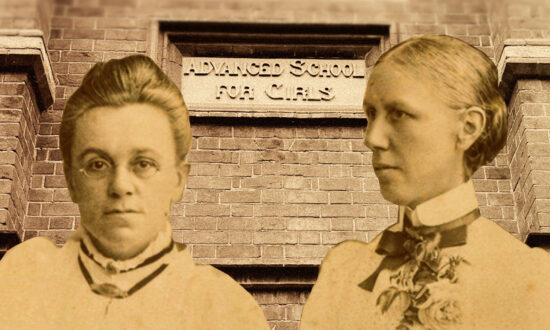In October 1973, on the eve of Yom Kippur, Israel comes under a surprise attack that forces the country’s prime minister into war and on the backfoot at home.
This could be the Hamas catastrophe last year that left current Prime Minister Benjamin Netanyahu baying for Arab blood. Instead, it is the start of the Yom Kippur War in which then Prime Minister Golda Meir, having ignored Mossad warnings, was caught unawares by an Egyptian attack that allowed fighter planes to cross the Suez Canal without interception.
This particular Arab coalition offensive was an attempt to force defiant Israel to hand back land seized in three previous armed conflicts, including the 1967 six-day war in which Israel expanded its territory to four times its original size.
“We will crush their bones, we will tear them limb from limb,” Israel’s weakened Defence Minister, Moshe Dayan (Rami Heuberger), promises Meir by way revenge.
That the Middle East is a bloody fight for land and identity is nothing new, but the fact this militaristic state was led at the time by a middle-aged woman is a remarkable piece of history.
“We’ve got trouble with the neighbours again,” Meir (Helen Mirren) says to US Secretary of State Henry Kissinger (Liev Schreiber), who she wakes in Washington in the middle of the night.
Growing up knowing Golda Meir ran Israel was to get a feminist education without knowing it, and Mirren’s personification of this intelligent, homely woman who led Israel clutching a handbag is note-perfect. The puffy prosthetics settle down and Meir exercises quiet authority around the war room as Dayan reports loss after loss. She writes casualty numbers in a notebook, a reminder that lives are at stake.
Meir is also juggling leukemia. She died five years later and in 1973 was increasingly reliant on a private secretary, Lou Kaddar (Camille Cottin), to get her to radiotherapy treatments which she accesses in secret through the morgue’s storeroom. This being the 1970s, she also chain-smokes through everything, including medical treatments. It takes a lot now to watch a smoker light one cigarette off another without wanting to intervene.

Get InReview in your inbox – free each Saturday. Local arts and culture – covered.
Thanks for signing up to the InReview newsletter.
There are early glimpses of Meir’s backstory but they remain unexplored, as does her role as signatory to the 1948 agreement in which the state of Israel was proclaimed. Either of these might have brought more context to a day-by-day war response intercut with real footage as Israel and the Arab coalition come to an uneasy agreement that culminated five years later in the Camp David Accords.
The claustrophobic focus on the conduct of the 19-day conflict which put Meir’s leadership under scrutiny at home justifies her actions but gives no insight into Israel’s intentions in the region which might, given the times, have been useful. Worse than that, it diminishes the film’s potential to engage and leaves us with a grim piece of cinema that is dry and impossibly dreary.
Golda is in theatres now.
Support local arts journalism
Your support will help us continue the important work of InReview in publishing free professional journalism that celebrates, interrogates and amplifies arts and culture in South Australia.
Donate Here




